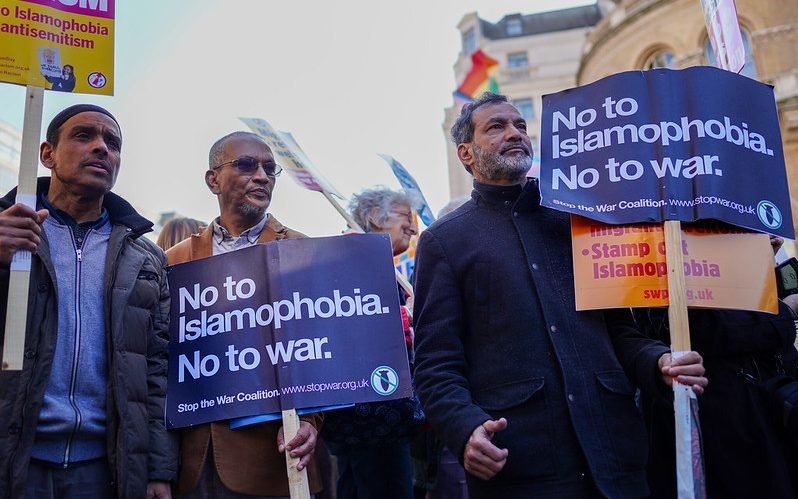By Brandon Cheng, Carmen C.W. Lim, Juliane Pariz Teixeira , Matthew J. Gullo , Gary C.K. Chan , Jason P. Connor
Background and aims: Social media use is now a significant part of modern daily life. Little is known about how social media impacts young peoples’ drinking behaviours and drinking-related consequences. This cohort study aims to explore the prospective relationship between social media use and future drinking. Methods: 1473 alcohol naïve young people, who at Wave 5 (aged 12–13 years) reported no lifetime alcohol use, were included (social media use, peer alcohol use, and covariates were also reported at Wave 5). At Wave 8 (aged 17–18 years), participants reported alcohol use outcomes, including age of drinking initiation, past month and past week risky consumption (>10 drinks/week), and problem drinking (alcohol-related troubles, injuries, and fights). Results: After controlling for factors known to be associated with alcohol use in young people and applying a conservative significance level (α =.01), results revealed that children who engaged in almost daily social media use at ages 12–13 later reported a younger age of drinking onset (β = − 0.56, 95 % CI = − 0.74, − 0.39, p <.001) and greater problem drinking (β = 0.48, 95 % CI = 0.13, 0.83, p =.008) at ages 17–18, compared to those who never used social media at ages 12–13. Early social media use was not associated with odds of subsequent pastmonth alcohol use or risky alcohol consumption. Conclusion: Young peoples’ social media use was associated with future drinking behaviours, prompting the need for preventative measures to acknowledge the salient impacts of social media.
Drug and Alcohol Dependence
Volume 265, 1 December 2024, 112478





